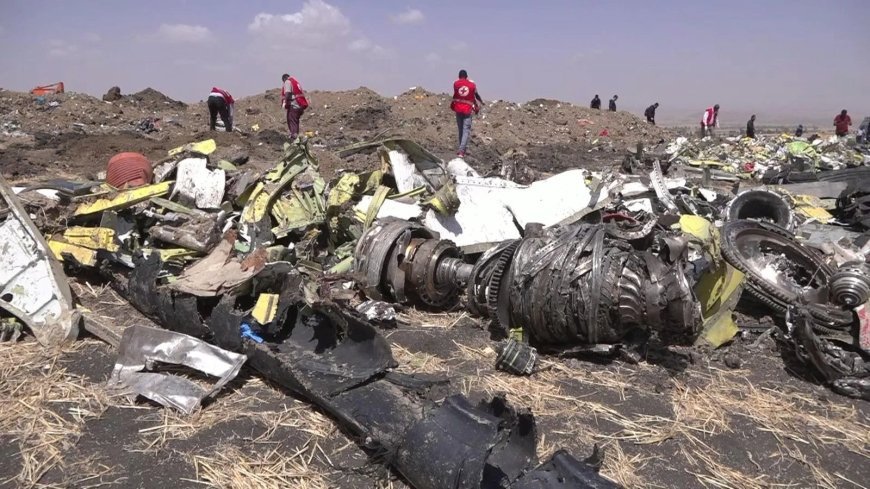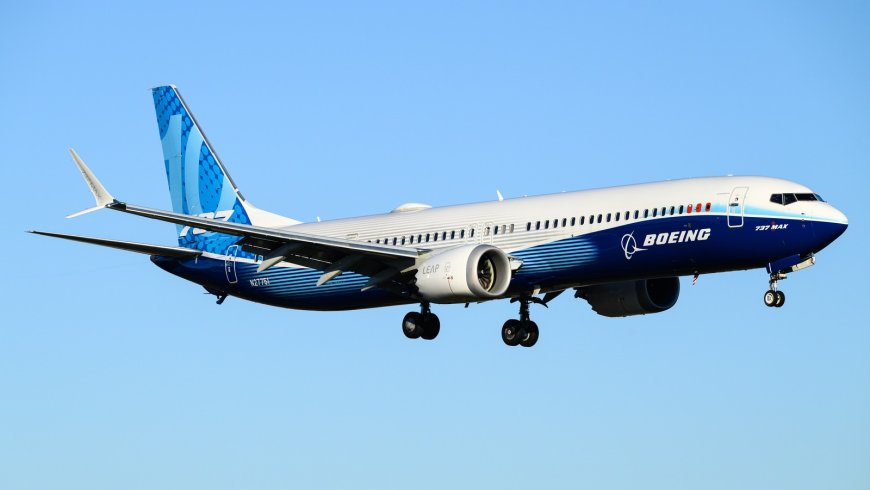Boeing To Pay Ksh3.6 Billion To Family Of Kenyan UN Worker In 2019 Ethiopian Airlines Crash
32-year-old Shikha Garg was among the 157 passengers who perished when Ethiopian Airlines Flight 302 went down just minutes after taking off from Addis Ababa en route to Nairobi.

The family of a Nairobi-based United Nations environmental expert is set to receive at least Ksh3.6 billion (USD36.85 million) after a U.S. federal court ruled in their favor over the 2019 Boeing 737 MAX crash in Ethiopia.
32-year-old Shikha Garg was among the 157 passengers who perished when Ethiopian Airlines Flight 302 went down just minutes after taking off from Addis Ababa en route to Nairobi.
According to U.S. reports, Garg’s family reached a deal with Boeing after a Chicago jury initially awarded them more than Ksh3.6 billion (USD28 million).

Photo of an Ethiopian Airlines Boeing 737 MAX in flight. /BOEING MEDIA ROOM
Under the settlement, the total compensation will include interest, bringing the amount to about Ksh4.6 billion (USD35.85 million). Boeing has also agreed not to appeal the verdict.
A Boeing spokesperson expressed the company’s remorse over the tragedy, saying, “While we have resolved the vast majority of these claims through settlements, families are also entitled to pursue their claims through damages trials in court, and we respect their right to do so.”
The 2019 Ethiopia crash occurred just five months after the 2018 Lion Air disaster, when a Boeing 737 MAX 8 plunged into the sea shortly after takeoff from Jakarta, Indonesia, killing all 189 people on board.
Combined, the two disasters claimed 346 lives and triggered intense global scrutiny of Boeing’s safety standards.
Garg’s legal team welcomed the latest judgment, calling it a meaningful act of accountability for what they termed “wrongful conduct.”
The lawyers maintained that the doomed aircraft was “defectively designed” and that Boeing “failed to adequately warn passengers of potential risks.”
The company acknowledged fault for the crash, attributing it to flaws in the Manoeuvring Characteristics Augmentation System (MCAS), a flight control system that failed during the flight.
Boeing says it has since reached out-of-court settlements with over 90 per cent of the plaintiffs involved in the MAX-related cases.
Separately, the company is also facing a pending agreement to settle a lengthy Department of Justice (DOJ) criminal investigation tied to the MAX crashes.
In a separate case in July, Paul Njoroge, a Kenyan who lost his wife, three children, and mother-in-law in the same Ethiopian Airlines crash, also reached a confidential settlement with Boeing. His family was among 32 Kenyans aboard the ill-fated flight.







